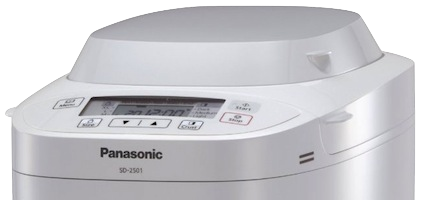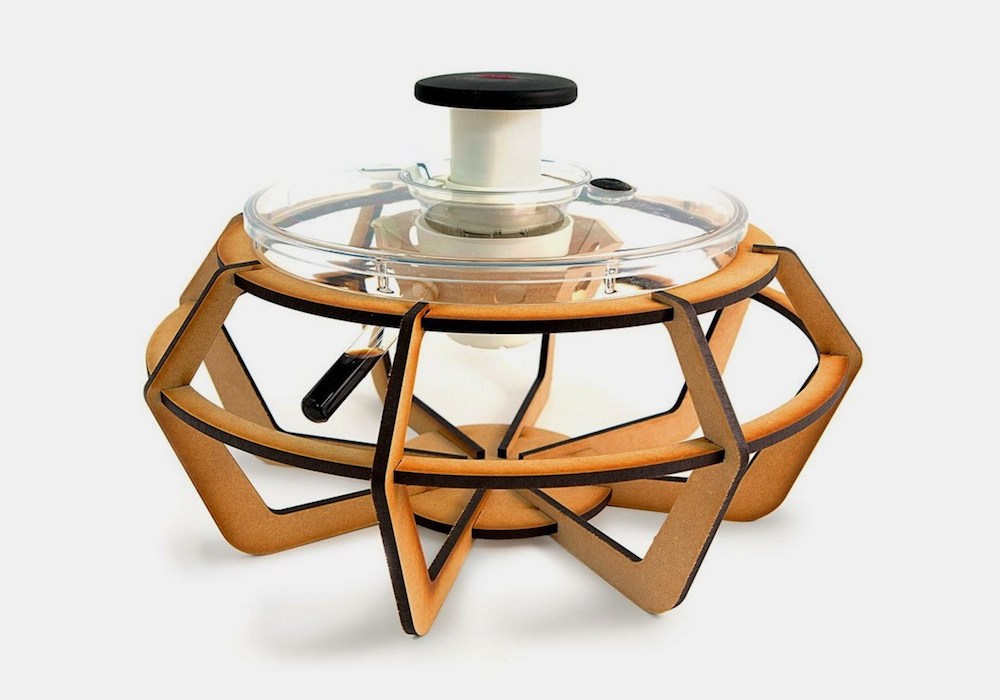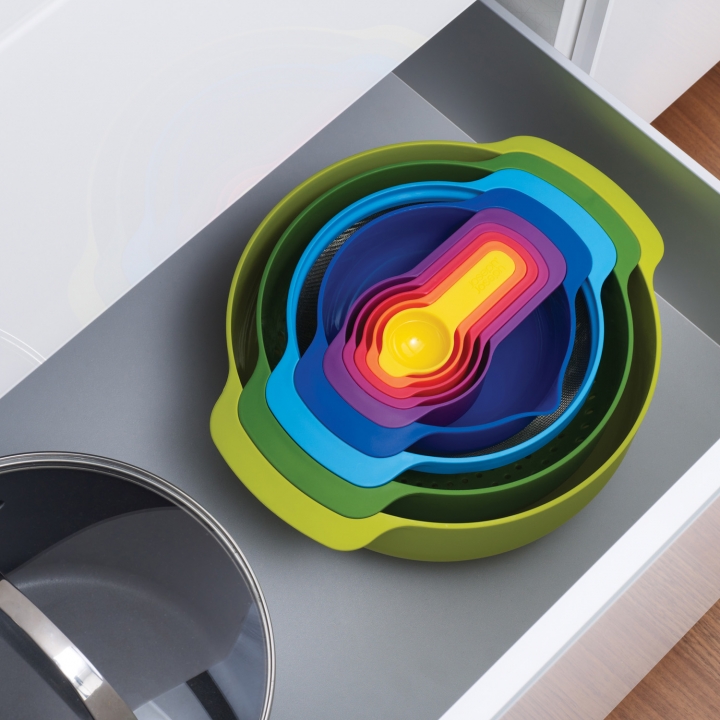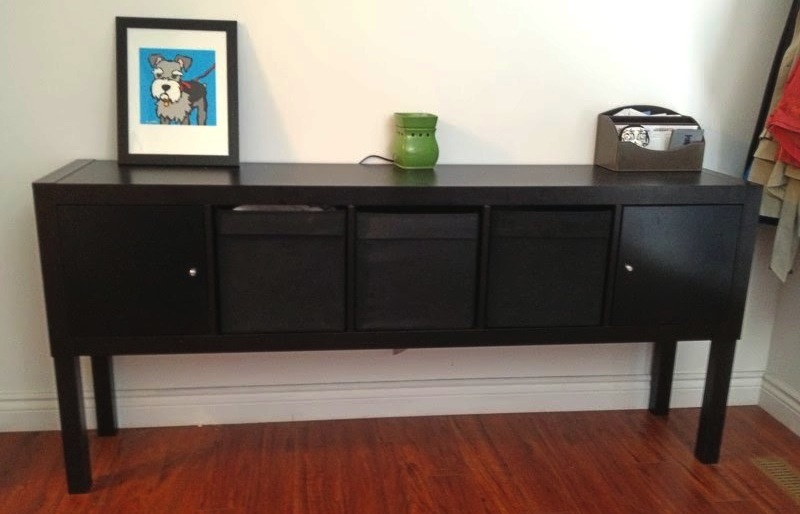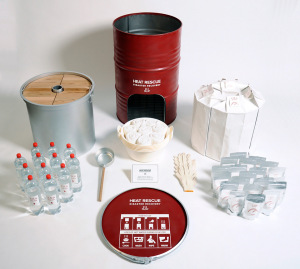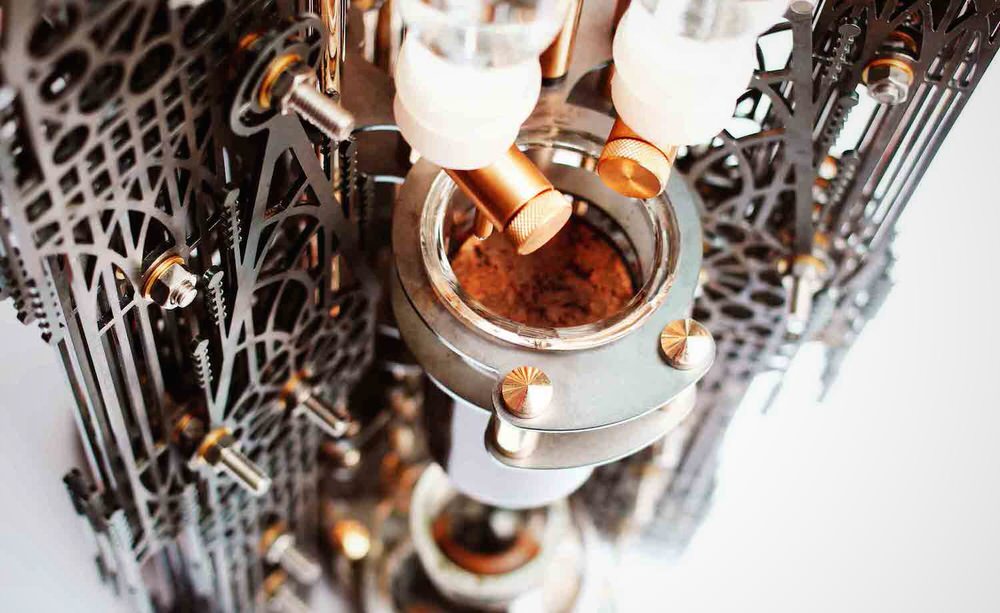Probably one of the most underrated kitchen appliances, many people have recently started introducing breadmakers to their homes as the shop-bought alternatives of this staple food become more and more lacklustre. Just like rice cookers, they make something fairly basic but that is often hard to get right when cooking it yourself. However it always seems to come out perfect when using a machine.
Although breadmakers may take a rather long time to run a cycle, typically between 2 to 4 hours, modern machines have timer delays that allow you to load it up with the required ingredients to make the bread ready for a time you specify, in the morning for example. This makes it possible to wake up to warm, freshly made bread, that is both fluffy and crusty; definitely a far cry from those dry, tasteless big-brand packaged loaves that often tend to feel like eating felt.
Choosing A Breadmaker
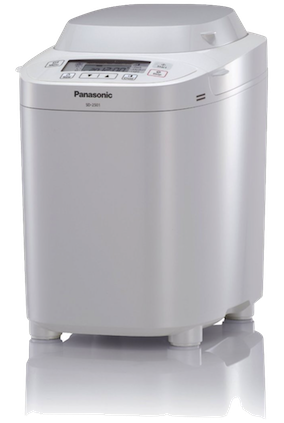 So if you’ve decided you’d like to start using a breadmaker, the first port of call will be choosing the right model. When it comes to these sort of appliances, I’d always advise going for function over form and while it might not be much of a looker, the Panasonic SD-2501 WXC breadmaker would be my first choice. It retails at £120 on Amazon UK and you only need to read some of the reviews to realise this is simply the best model around. This breadmaker has so far received 647 reviews, 522 awarding it a five star rating and 81 giving four stars. There is also an older version of it, the SD-2500 which is £20 cheaper as well as a newer model, with a more stylish stainless steel and black outer case for around £30 more which might well be worth it if these colours match the rest of your kitchen and it offers more features. However there aren’t many reviews for the SD-2502 yet so it’s unclear as to whether this appliance may develop flaws in the future.
So if you’ve decided you’d like to start using a breadmaker, the first port of call will be choosing the right model. When it comes to these sort of appliances, I’d always advise going for function over form and while it might not be much of a looker, the Panasonic SD-2501 WXC breadmaker would be my first choice. It retails at £120 on Amazon UK and you only need to read some of the reviews to realise this is simply the best model around. This breadmaker has so far received 647 reviews, 522 awarding it a five star rating and 81 giving four stars. There is also an older version of it, the SD-2500 which is £20 cheaper as well as a newer model, with a more stylish stainless steel and black outer case for around £30 more which might well be worth it if these colours match the rest of your kitchen and it offers more features. However there aren’t many reviews for the SD-2502 yet so it’s unclear as to whether this appliance may develop flaws in the future.
There are certainly some cheaper breadmakers available as well but I know that I’d rather spend that bit extra on something that produces great bread instead of one that churns out dry, tasteless bricks. As a general rule of thumb, I’d advise against breadmakers, and any kitchen items in general, which feature the names of celebrity chefs as these are mostly junk and simply not fit for purpose.
Finding Flour For Your Breadmaker
The next step in your breadmaker quest should be finding a good place to get flour for it. The place I’d recommend if you’re after a wide selection and the cheapest prices would once again be Amazon who also sell sets of 5 bags helping you save further. What’s more, Amazon also offer a subscribe and save service on a lot of their breadmaker flours which allow you to set up a standing order on a product to be delivered once every one or two months. These are easy to set up and cancel and give you a 15% discount. However, supermarkets are still perfectly reasonable places to find flour too, particularly if you run out and need some at short notice. Tescos do an adequate strong white flour at £1 for 1.5kg (33p a loaf) as well as stocking some of the main brands such as Doves Farm who are also on Amazon along with Bacheldre and Allinson.
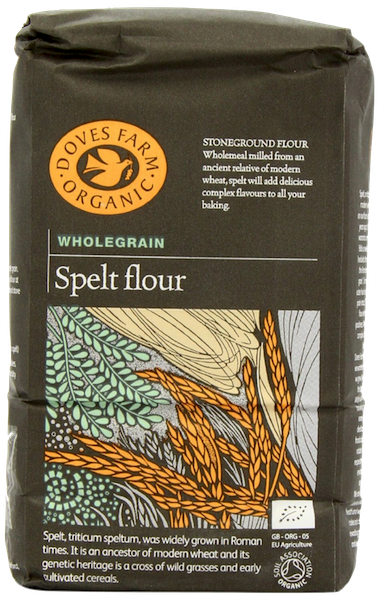
The Cost Of Using A Breadmaker
So this brings us onto the important point of whether its cheaper to run a breadmaker or to continue buying your bread. There’s obviously the initial outlay of purchasing your breadmaker and the electricity to power it to consider but I believe that in the long run it’ll save you money as well as being more satisfying and offering tastier bread. The cost of bread flour really is the deciding factor in this equation and while Tescos cheapest may equate to 33p a loaf, specialty brands and varieties such as Doves Farm Spelt are more expensive and may cost 50p to £1 a loaf. There’s also the cost of yeast to account for as well as other additions such as salt, sugar and butter although these are largely negligible. Allisons Dried Active yeast works out at around 8p a loaf which comes in a 125g tin. Just make sure you don’t waste money on buying your yeast in sachets as these are vastly overpriced and most breadmakers such as the Panasonic SD-2501 come with a handy measuring spoon for your yeast, salt and sugar.
Experiment and Explore
The great thing about making your own bread with your breadmaker is the ability to experiment. Most models have a dispenser at the top which allows you to disperse nuts, seeds and just about anything else you can think of throughout your loaf. There are a wide variety of flours available from strong white, to spelt, to rye as well as a traditional wholegrain. Also bear in mind that you’re able to choose the size as well as the crust colour of your loaves and you’re also even able to make other things that require churning and slow cooking such as jam.
Share this Post

